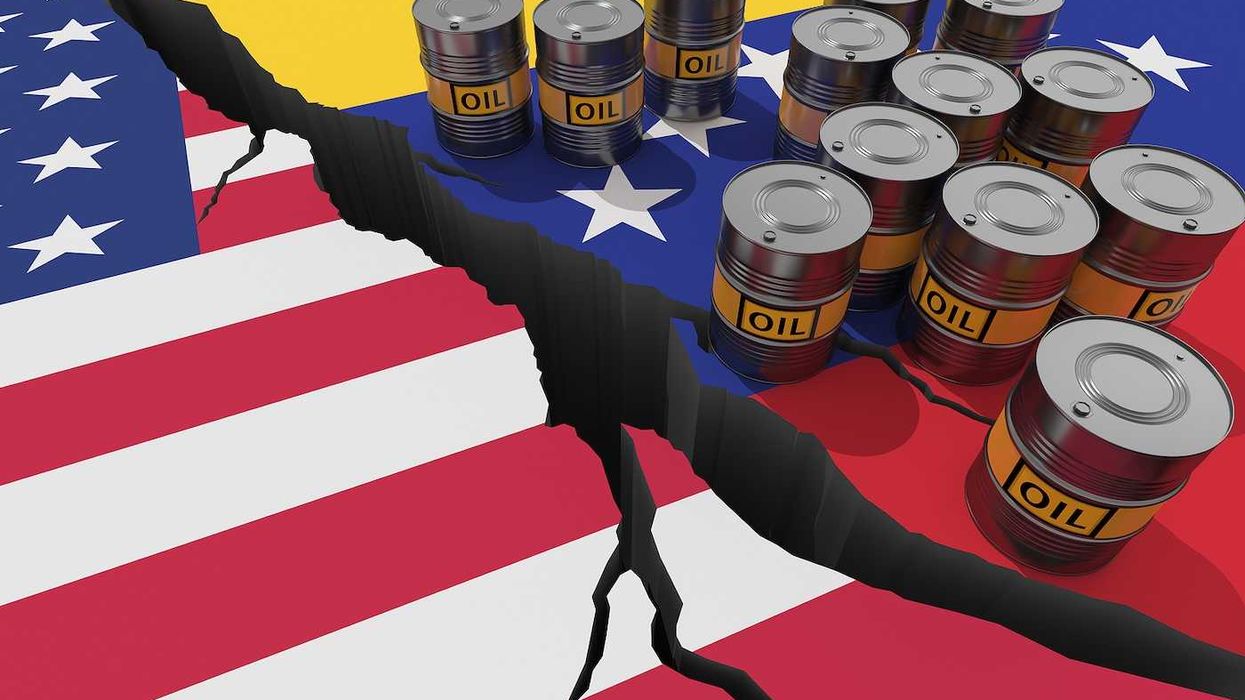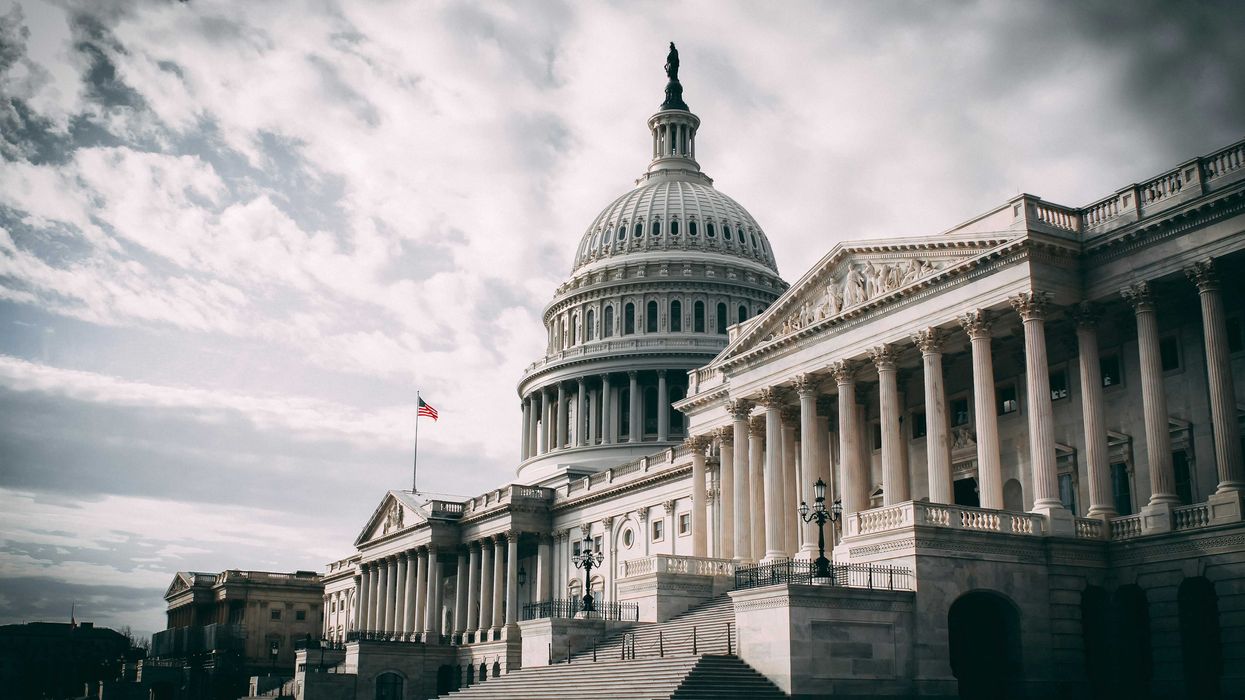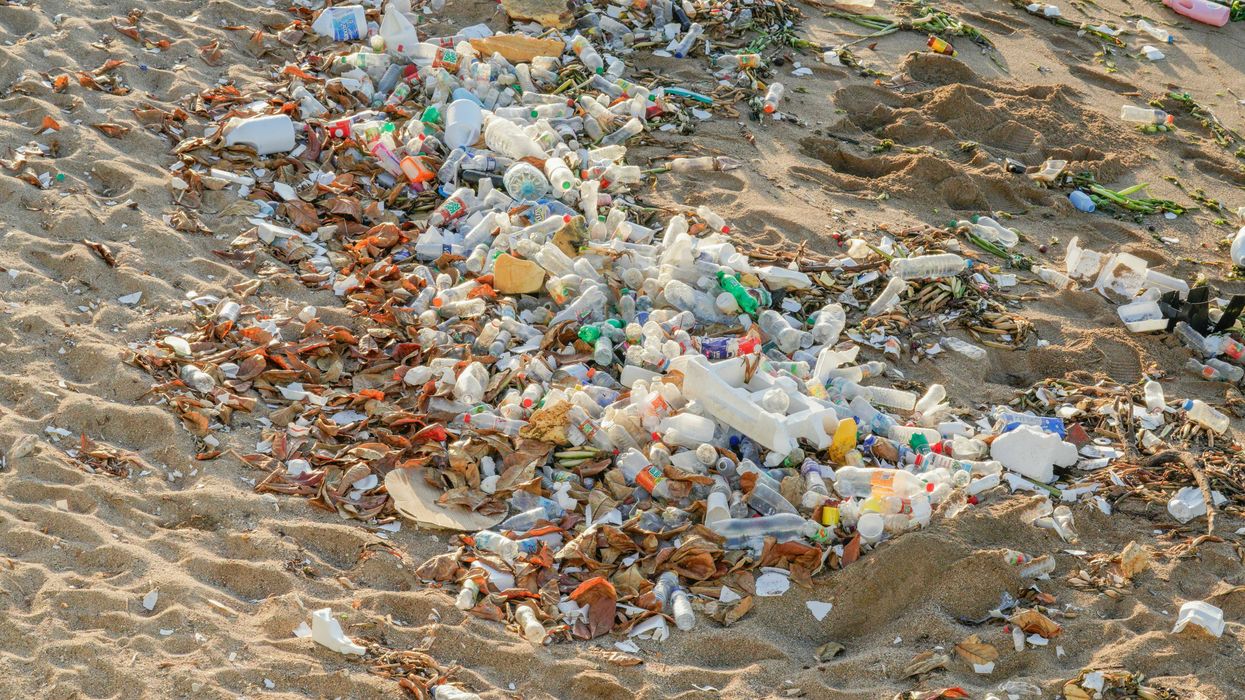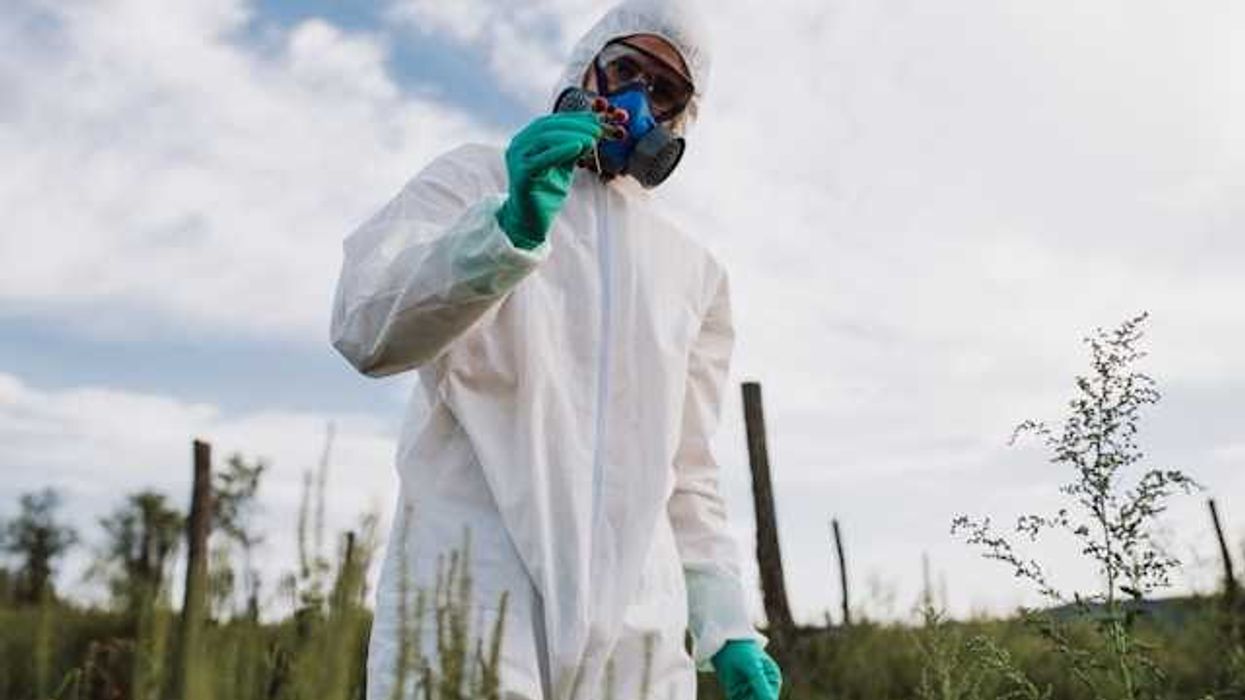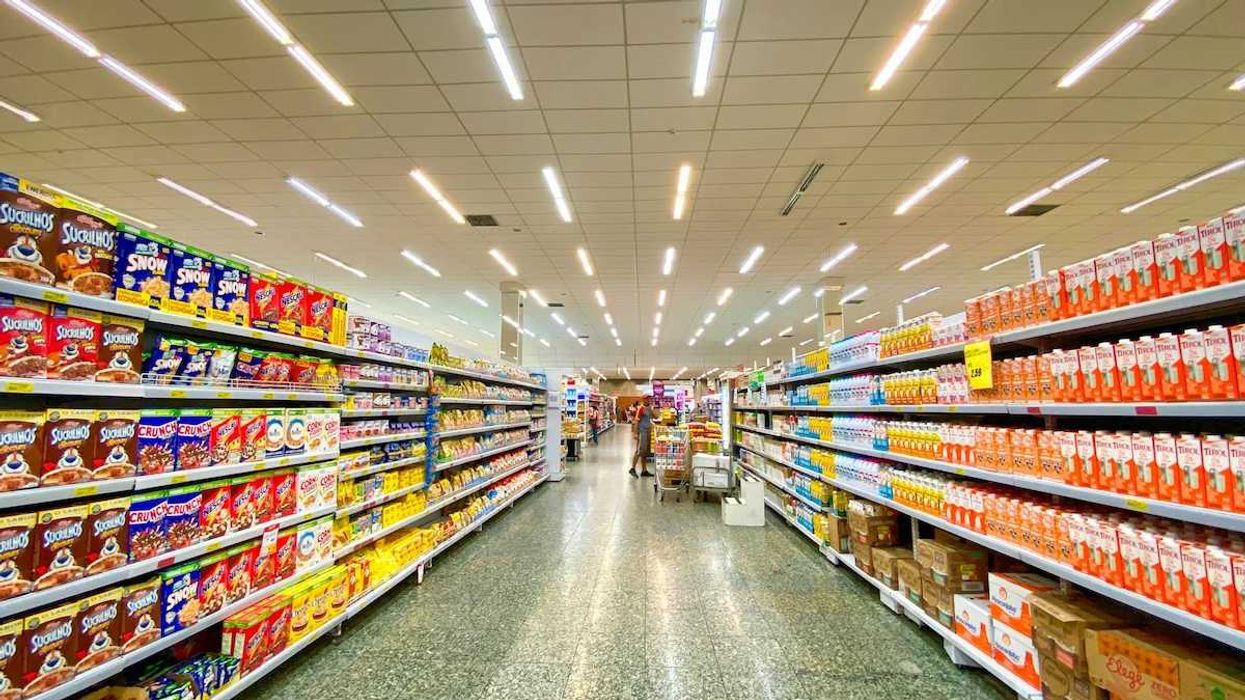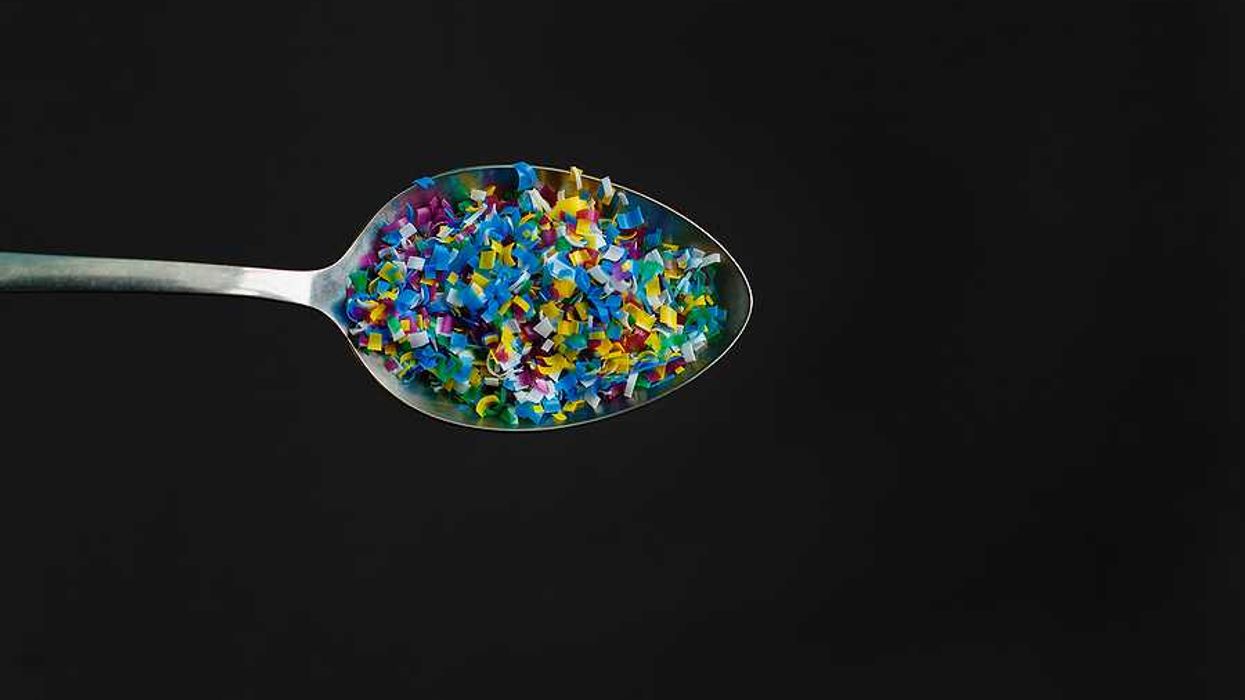The U.S. Food and Drug Administration relies on food companies to self-regulate additives, allowing thousands of chemicals — some banned in Europe — to remain hidden in everyday products, raising concerns about long-term health risks.
David Hilzenrath reports for KFF Health News.
In short:
- The FDA does not require food companies to disclose all ingredients or seek approval for many additives, leaving consumers unaware of potential risks.
- Some chemicals, including titanium dioxide and potassium bromate — banned in Europe due to health concerns — are still widely used in U.S. food products.
- The GRAS (Generally Recognized as Safe) loophole lets companies declare additives safe without FDA oversight, creating a regulatory blind spot that experts warn is “fundamentally broken.”
Key quote:
“The system is fundamentally broken. It’s so bad, nobody knows — not even FDA knows — what’s in our food.”
— Thomas Neltner, Pew study author
Why this matters:
The FDA, underfunded and stretched thin, defers to industry assessments, often without independent review, exposing Americans to chemicals that may contribute to long-term health issues, including cancer and chronic inflammation. The FDA’s failure to require full transparency means consumers are left guessing what’s really in their food. While the EU tightens its food laws, the U.S. keeps letting companies call the shots — raising the question: who is the FDA really protecting?
The U.S. approach may be shifting, however: The Department of Health and Human Services recently directed the FDA to revise rules allowing companies to declare food ingredients safe without agency oversight. The rule change would mandate public disclosure and FDA review of safety data for all new food ingredients, opening the door for better prevention of public exposure to untested chemicals.
Read more: When it comes to food chemicals, Europe’s food safety agency and the FDA are oceans apart


